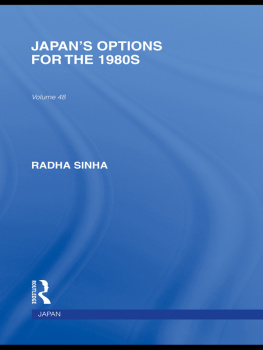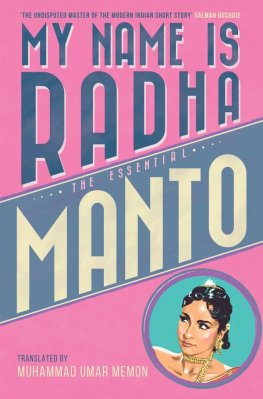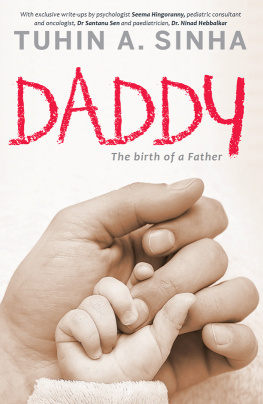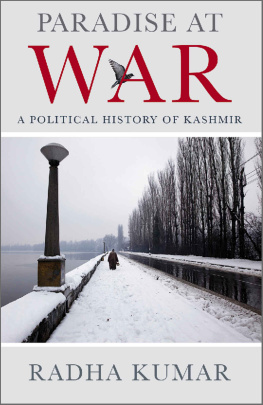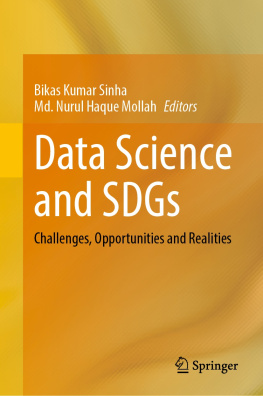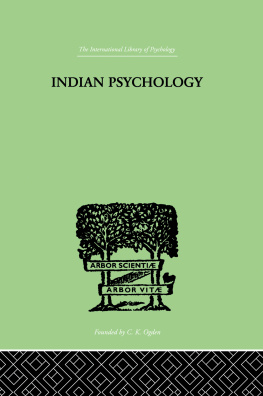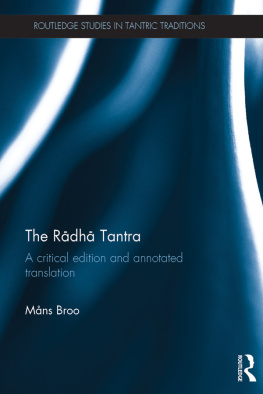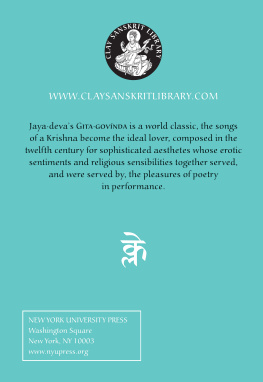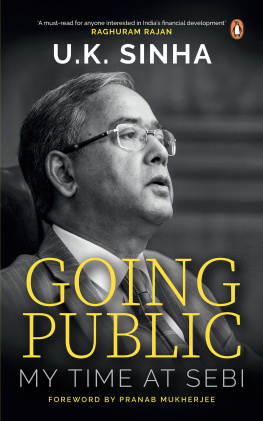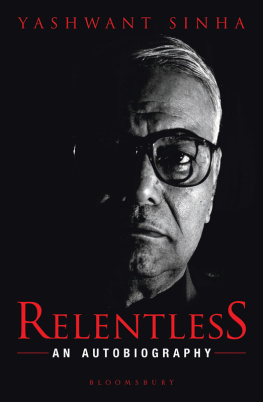ROUTLEDGE LIBRARY EDITIONS: JAPAN
JAPANS OPTIONS FOR THE 1980s
JAPANS OPTIONS FOR THE 1980s
RADHA SINHA
Volume 48

LONDON AND NEW YORK
First published in 1982
This edition first published in 2011
by Routledge
2 Park Square, Milton Park, Abingdon, Oxon, OX14 4RN
Simultaneously published in the USA and Canada
by Routledge
270 Madison Avenue, New York, NY 10016
Routledge is an imprint of the Taylor & Francis Group, an informa business
This edition published in the Taylor & Francis e-Library, 2010.
To purchase your own copy of this or any of Taylor & Francis or Routledges collection of thousands of eBooks please go to www.eBookstore.tandf.co.uk.
1982 Radha Sinha
All rights reserved. No part of this book may be reprinted or reproduced or utilised in any form or by any electronic, mechanical, or other means, now known or hereafter invented, including photocopying and recording, or in any information storage or retrieval system, without permission in writing from the publishers.
British Library Cataloguing in Publication Data
A catalogue record for this book is available from the British Library
ISBN 0-203-84345-2 Master e-book ISBN
ISBN 13:978-0-415-56498-4 (Set)
eISBN 13:978-0-203-84317-8 (Set)
ISBN 13:978-0-415-59145-4 (Volume 48)
eISBN 13:978-0-203-84345-1 (Volume 48)
Publishers Note
The publisher has gone to great lengths to ensure the quality of this reprint but points out that some imperfections in the original copies may be apparent.
Disclaimer
The publisher has made every effort to trace copyright holders and would welcome correspondence from those they have been unable to trace.
Japans Options for the 1980s
RADHA SINHA
Published by the Charles E.Tuttle Company, Inc.
of Rutland, Vermont and Tokyo, Japan
with editorial offices at
Suido 1-chome, 2-6, Bunkyo-ku, Tokyo, Japan
by special arrangement with
Croom Helm Ltd., London
1982 Radha Sinha
All rights reserved
No part of this book may be reproduced in any form without permission in writing from the publisher, except by a reviewer, who may quote passages in a review to be printed in a magazine or newspaper.
First Tuttle edition, 1983
Second printing, 1986
CONTENTS
PREFACE
No one can be more aware of my limitations in venturing to write this book than I am. It is not easy for a foreigner to capture the basic essence of a society which is not his own, from a distance, and primarily through foreign language sources. However, in my view this book, in a wider sense, is not about Japan alone; it is about the future of humanity in which I have as much at stake as a Japanese or a European or an American. In a more limited sense it is about the trade conflict between the West and Japan. But the Japanese reaction to the Western pressures may force Japan towards alternatives which may have serious consequences for the world.
There is enormous evidence to suggest that not many of the current Western grievances are justifiable by the very same rules of the game which the West formulated in the past for the domination of the world economy and polity. It is widely acknowledged, even in the West, that many of the economic problems emanate not from foreign competition but their inability or unwillingness to restructure their economy to suit rapidly changing international realities. Nor is there a willingness to change their anachronistic attitudes towards non-Western people. It is not indefensible to suggest that Western anger with Japan is, at least in part, born out of frustration resulting from a recognition that the Western pre-eminence in science and technology, and ultimately their economic and political power, is being undermined by a non-Western people.
So far Japan has tried to placate the West, although not always successfully. The important question for the world today is what will Japan do if it is pushed too far? It is primarily with this question that the book is concerned. It attempts to look into the current debate and to assess whether Japan will again fall into the same trap as she did in the 1930s and become a military power. The book argues that militarisation of Japan increases her vulnerability, and in this sense a Japan-US alliance is now a liability rather than an asset for Japan. It is further argued that Japan, as a leader of the non-aligned world, can play a major role in averting the impending nuclear holocaust which the Western prejudices are set to ignite.
But is it not pretentious for an outsider to say what Japan ought or ought not to do? Being an economist, am I not getting into disciplines about which I know relatively little? And does not moralising vitiate the analytical content of the book? I am fully aware of the limitations and shortcomings of the book but when the world is galloping towards the precipice of self-destruction rather than maintaining intellectual purity and remaining value-neutral, I would like to register my protest, however modest it may be. I would like to repeat the warning a British astronomer, Arthur Eddington, had given in 1935. Writing on Subatomic Energy he said:
in the present state of the world it is rather a threat which it would be a grave responsibility to disparage altogether. It cannot be denied that for a society which has to create scarcity to save its members from starvation, to whom abundance spells disaster, and to whom unlimited energy means ultimate power for war and destruction, there is an ominous cloud in the distance though at present it be no bigger than a mans hand. (New Pathways in Science, 1935)
The ominous cloud which seemed distant in 1935 was not that distant after all. And in the 1980s the cloud is certainly much bigger than a mans hand.
RADHA SINHA
GLASGOW UNIVERSITY
DEPARTMENT OF POLITICAL ECONOMY
ACKNOWLEDGEMENTS
This book would not have been completed without the support and encouragement of my friends and colleagues in various countries over a number of years. I am deeply indebted to Martin Bronfenbrenner, Sydney Crawcour, Ron Dore, Johannes Hirschmeier, Masami Kita, Chris Mason, Michio Morishima, Hajime Ohta, Ramon Myers, Alec Nove, Alan Whitworth and Tom Wilson for reading the first draft of the book and making valuable suggestions. I am grateful to Yutukai Kosai, Tsuneo Nakauchi and Yo Otani for sending me Japanese publications whenever I needed them. My thanks are also due to Maureen Graves, Mike Atkin, Naresh Dayal and Anoma Kumarasuriyar for helping me with my researches into Japanese and English language periodicals and newspapers during my stays at Cornell University, during 1979 and 1980.
Among the institutions, I am thankful to the Hoover Institution at Stanford, for some financial support and for providing hospitality during my short stay in the summer of 1979. I am also thankful to the Centre of Asian Studies at Adelaide University and its Director, Andrew Watson, and to the Australian National University, particularly the Japan-Australian Economic Relations Research Project and its Director, Peter Drysdale, and to D.P.Chaudhury, D.Etherington and R.Sundrum of the Centre for Development Studies at the Research Institute of Pacific Studies. Various drafts of the manuscript were typed by Joyce Stillie and Jo Finlayson for which I am most grateful. Last, but not the least, I owe my deep sense of gratitude to Gerry Mueller for his intellectual and moral support throughout, and for the patience with which he is always prepared to discuss with me my evolving ideas.


